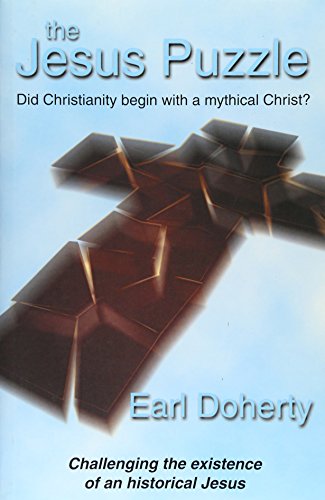Did early Christians like Paul believe in an entirely spiritual Son of God, and was the Gospel Jesus of Nazareth a later fictional character and faith symbol? Every religion throughout history has developed a mythology about what is supposed to have happened at its beginning, and in most cases it's just that-mythology. Find out why Christianity's longstanding view of its origin in an historical Jesus is also a myth, and why the history of western religion needs to be rewritten.

